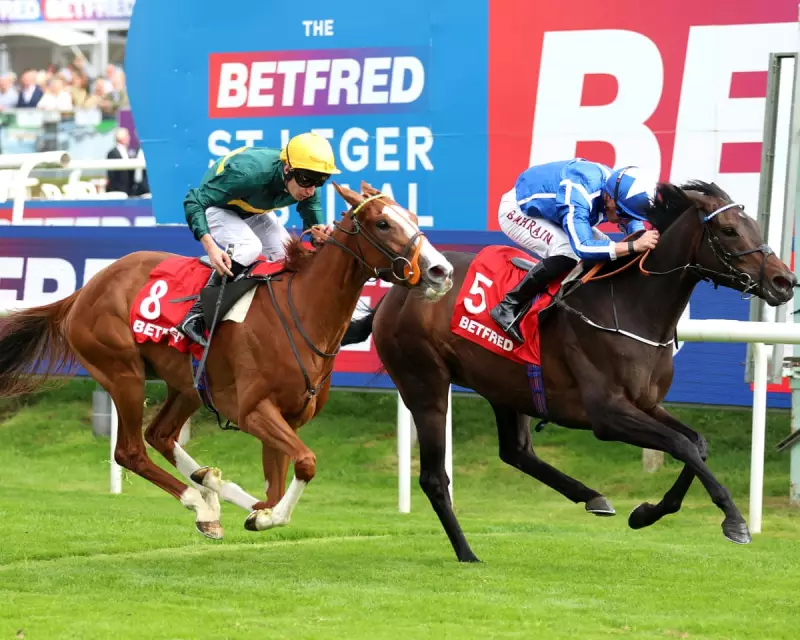
British horse racing appears to have secured a crucial victory in its campaign against tax increases as Chancellor Rachel Reeves prepares to deliver her first budget, with Whitehall sources suggesting gaming products rather than racing bets will bear the brunt of new gambling levies.
The Westminster Showdown
After months of intense lobbying, including an unprecedented 'strike' day when racing relocated to London, the sport awaits what insiders describe as its most important result of the week. While horses compete at Wetherby, Market Rasen and Southwell on Wednesday, the main event for racing professionals will be the 12.30 announcement at Westminster when the Chancellor rises to deliver her budget speech.
The campaign gained significant momentum in July when former Prime Minister Gordon Brown intervened, backing calls for gaming taxes to rise to 50% while recommending measures to protect racing from collateral damage. This shifted the debate away from 'harmonisation' of tax rates and toward targeting high-frequency gaming products.
Racing's Financial Lifeline
At the heart of racing's concerns was a Treasury proposal to harmonise General Betting Duty (GBD) and Remote Gaming Duty (RGD), which would have seen betting duty rise from 15% to match the 21% rate applied to online casino games and slot machines.
Research commissioned by the British Horseracing Authority suggested this harmonisation would have cost the sport £66 million annually in lost income, totalling £330 million over five years and putting nearly 3,000 jobs at risk in the first year alone.
The sport argued that racing supports 85,000 jobs, particularly in rural economies, and that removing tens of millions from this ecosystem would have devastating consequences for communities across the country.
Gaming Sector Faces Reckoning
According to well-sourced reports in the Financial Times, the Chancellor will instead significantly increase gaming duty on both online and high-street games while imposing only a 'slight' rise on online sports betting - with horse racing bets exempted entirely from any increase.
This represents the best possible outcome for racing and suggests the government has recognised the distinction between betting on sports and high-frequency gaming products, which are associated with significantly higher rates of harm to players.
The decision marks a potential turning point after what the article describes as 'a 20-year boom for the UK gambling industry, fuelled almost entirely by gaming products' following the 2005 Gambling Act.
Industry Resistance and Reality
The Betting and Gaming Council had repeatedly claimed that any hit to gaming profitability would have knock-on effects for racing through reduced sponsorship and promotions. However, recent results from William Hill showing significant growth in the betting-shop sector suggest such warnings may be overstated.
One senior racing executive put the chances of getting the right result at 'about 1-4' ahead of the announcement, indicating cautious optimism within the industry that their message has been heard.
If the rumours prove accurate, racing will have successfully separated itself from the gaming sector's 'careering bandwagon' just as the government moves to address the social impact of high-frequency gambling products.





